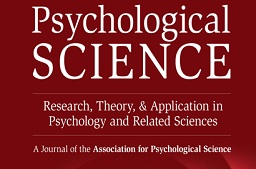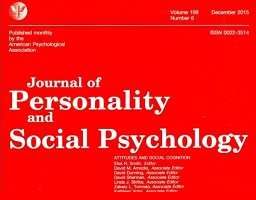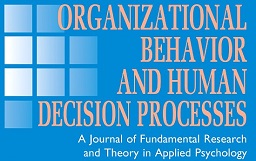Nothing to declare: Mandatory and voluntary disclosure leads advisors to avoid conflicts of interest.
Abstract Professionals face conflicts of interest when they have a personal interest in giving biased advice. Mandatory disclosure—informing consumers of the conflict—is a widely adopted strategy in numerous professions, such as medicine, finance, and accounting. Prior research has shown, however, that such disclosures have little impact on consumer behavior, and can backfire by leading advisors […]


